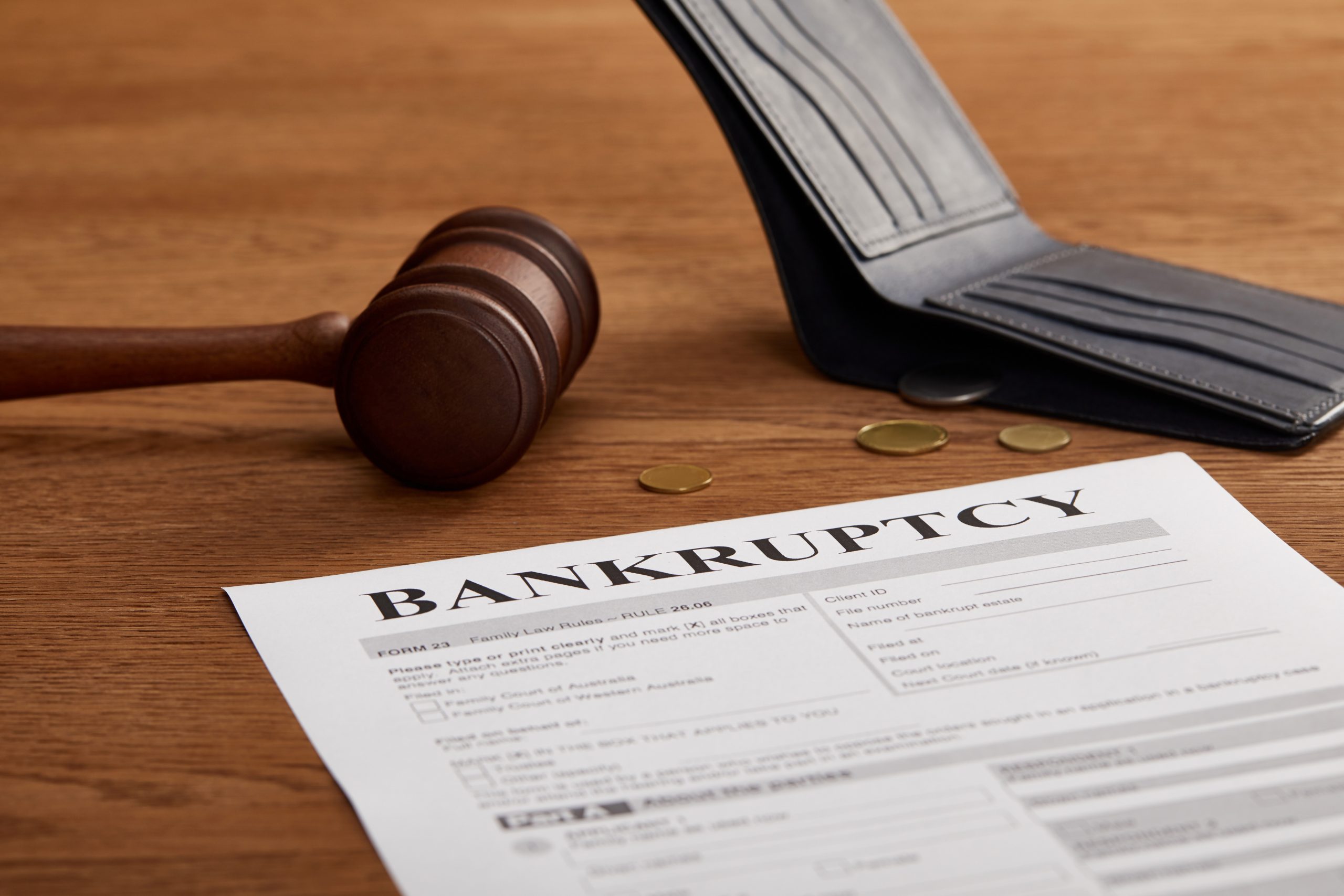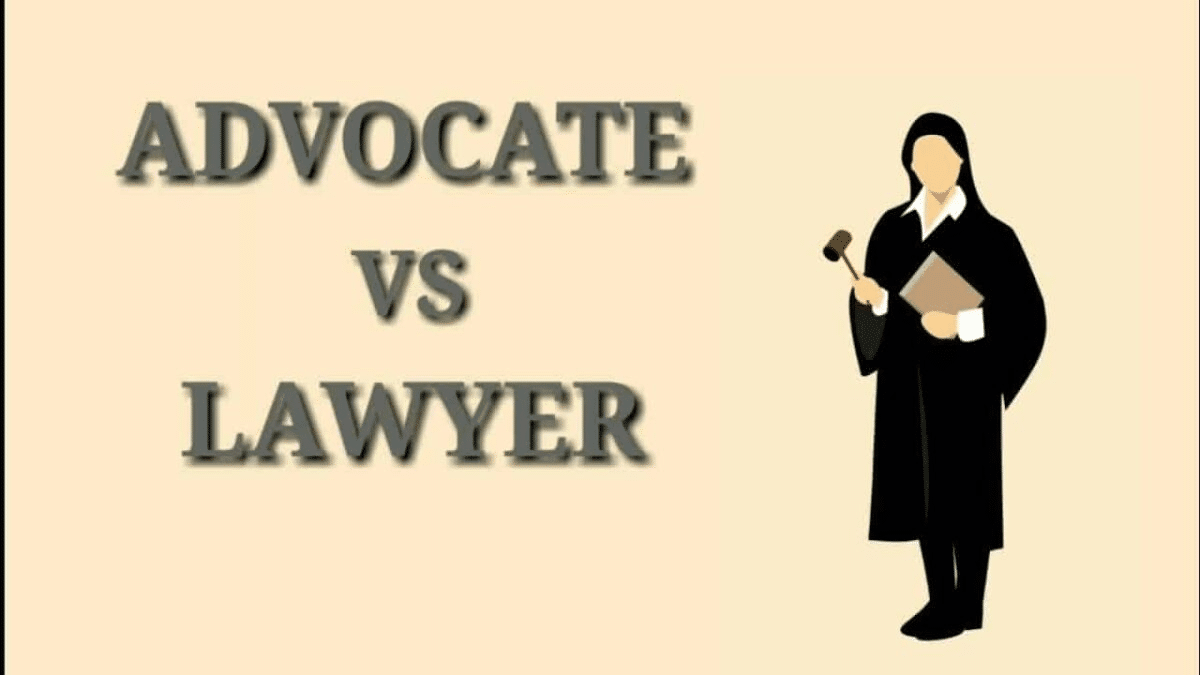What are the consequences of filing for bankruptcy – Guest Post

If you or your business is in debt, you’ve probably been weighing up your options to find a solution.
There are a number of options out there, including bankruptcy. Declaring yourself bankrupt may be a way to be released from certain debts, however, there are a number of consequences which may affect you, and these consequences could affect you for quite some time.
So, if you find yourself drowning in debt, before you make any major decisions, it’s important you understand the consequences of making the decision to declare bankruptcy.
In this piece, we’re going to discuss what bankruptcy is, what actually happens when you declare bankruptcy and what the consequences of bankruptcy.
What is bankruptcy?
Bankruptcy, also referred to as declaring bankruptcy is a process where a person is legally declared as being unable to pay their debts. The individuals who are declared bankrupt give up their assets and the rights to control their own finances.
How does someone become bankrupt?
Bankruptcy can happen either by voluntarily entering into bankruptcy or by receiving a bankruptcy notice and proceedings.
When you cannot pay your debts, you can choose to become bankrupt voluntarily. This type of bankruptcy is referred to as a debtor’s petition and you must be insolvent, where you are unable to pay your debts when they are due. To voluntarily enter into bankruptcy you need to complete a bankruptcy application form which will be assessed by the Australian Financial Security Authority. If the application is approved, then a trustee is appointed to manage your debts and finances.
If you receive a bankruptcy notice, this means that your creditors – the people you owe money – have decided to take action against you. Your creditors can issue a bankruptcy notice against you if they believe that you are unable to pay your debts. If you do not respond to the bankruptcy notice, the creditors are able to commence proceedings, which includes issuing a bankruptcy petition to the court. Similar to when you enter into bankruptcy voluntarily, if a court sides with the creditors, then an order may be made where a trustee will be appointed to manage your debts and finances.
Are there any benefits to declaring bankruptcy?
Bankruptcy is often seen as a negative, and while there are serious consequences that must be taken into account, there are also some benefits of bankruptcy too.
The first major benefit is that you are released from most kinds of debt, which can remove a portion of stress from your life and provide you with an opportunity to be able to start afresh. Being released from these debts usually means that you’ll no longer face creditors chasing you for their money. Depending on the level of debt that you’re in, you could experience harassment from creditors.
You also avoid further legal proceedings in most instances. If legal proceedings have commenced, then these will continue through your trustee.
What are the consequences of becoming bankrupt?
There are a number of consequences to declaring or becoming bankrupt. Some of these are longer lasting than others. These can impact various areas of your life and include:
Types of debts you can be released from
While being declared bankrupt does release you from most debts, there are exceptions to this. If you have any penalties or fines imposed by a court, you will be required to pay them. If you pay child support or spousal maintenance, you will likely still be required to make these payments. You aren’t released from HECS or Fee-Help debts, nor unliquidated debts. When you’re working through the bankruptcy process, it’s a good idea to work with an experienced bankruptcy lawyer who can provide clarity over the types of debts that you may be released from.
Employment
Being declared bankrupt can mean that if you work in a job where you are earning over a certain threshold, you may have money deducted from your wage.
When it comes to your employment, you may face restrictions on the types of industries you can work in. And you can be restricted in the types of roles you can work in as well. For example, you will likely be restricted from being able to be a company director. This restriction could be temporary or permanent.
Starting your own business and running it yourself can be put in jeopardy if you are declared bankrupt.
Travel Restrictions
You may not be able to travel internationally if you are declared bankrupt. Usually, a person who has been declared bankrupt needs the permission of the trustee to be able to travel overseas. It is considered a crime to do so without this permission.
Access to Credit in the Future
Your ability to borrow money from creditors may be inhibited as you will be required to disclose your recent financial history to lenders. You may be further restricted in the amount that you can borrow from creditors as well.
Should you declare bankruptcy?
Whether you should declare bankruptcy or not is not a decision to be taken lightly. Declaring bankruptcy has serious consequences, however, it can also offer significant release.
Before making any decision about your financial future, it’s important to understand the consequences and all of your options. This is where the help of an experienced bankruptcy lawyer can help you.
Their expertise allows them to assess your unique circumstances and provide you with your various options so you can make an informed decision about your future.
Don’t make any rash decisions when it comes to your finances and your future, seek legal advice today.













